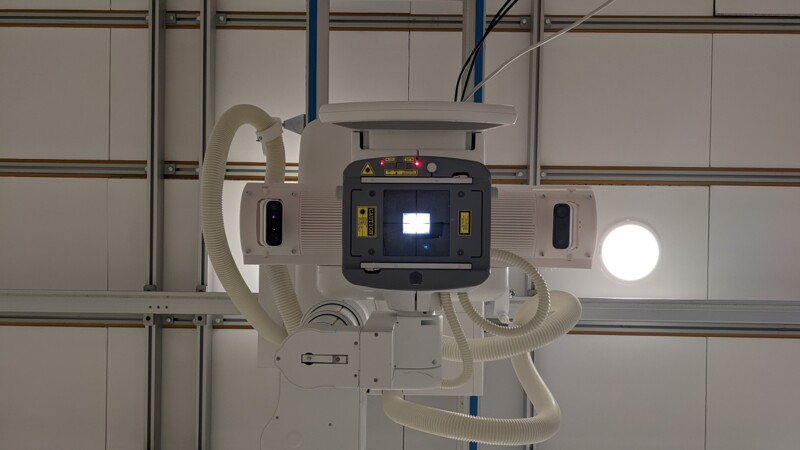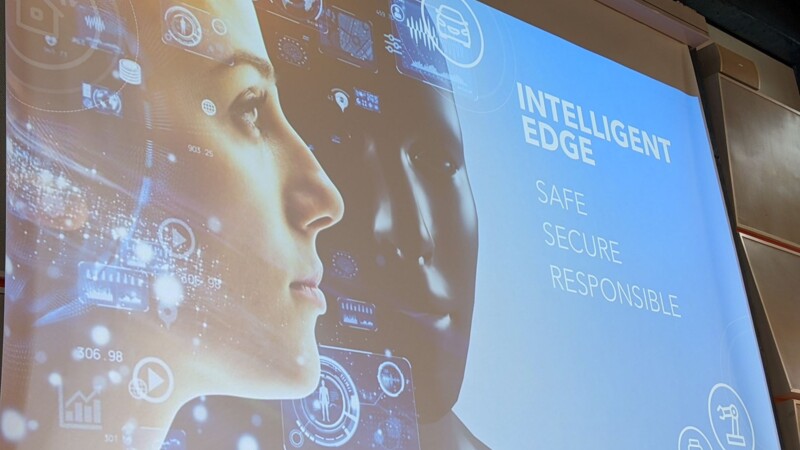Hamburg News: This special feature is attracting a lot of attention at the moment. Is it justified?
Werner Bogula: ChatGPT is indeed on everyone's lips at the moment and for good reason. A large part of our social and economic interaction in the information society is per text. Having AI that can generate such texts in appropriate contexts is highly relevant in both social and economic terms. The ChatGPT-generated user texts, e.g., blurbs, advertisements for the internet or brainstorming for new product ideas give professional copwriters in advertising agencies, publishers and on news websites a powerful tool for creating routine texts quickly and cheaply. However, such a powerful tool also casts doubt on existing structures. If texts that are normally written by professional copywriters can be generated at the press of a button, that puts pressure on existing job structures. It remains to be seen whether such jobs simply disappear or become more productive. But this is only the beginning. We at ARIC are addressing how to regulate access to such enabling technology and its results. Our keyword is "Responsible AI".
Hamburg News: How important is this enabling technology for Hamburg's economy?
Werner Bogula: Apart from the knowledge already fed into the model, ChatGPT can also use its own knowledge. That brings us to business. Corporate knowledge management is becoming an increasingly competitive factor. A chat bot that has been retrained can make this knowledge available to all the employees. Two aspects are important for commerce in Hamburg. On the one hand, AI companies and start-ups can adapt this new new technology so that all kinds of businesses can use it themselves. Take for instance, Moin.ai, which has developed over 100 chatbots for businesses and organisations. Neuroflash is an another example. This extremely innovative start-up has developed an easy-to-use interface that can generate over 100 types of text - from ads, social media posts to entire blog posts.
On the other hand, companies can benefit from such start-ups. We at ARIC are in talks with several companies that want to break down their proprietary knowledge better and to make disseminated knowledge available to their customers and employees through a standard chat interface.
Hamburg News: Is ChatGPT simply a hype or a technical revolution?
Werner Bogula: Of course it is hype. More than a million people signed up for the technology platform in five days when ChatGPT was released last November. Students are suddenly astonishing their lecturers with interesting essays. But this technology is revolutionising the way we work with linguistic knowledge. The above examples highlight the situation from different business perspectives. And that is only the beginning. Decades of research and development in computational linguistics have gone into ChatGPT.
Hamburg News: Mr. Bogula, many thanks for the interesting talk.
Interview by Yvonne Scheller
P.S.: Asked how revolutionary ChatGPT considers itself, the bot was diplomatic...it depends on the perspective.
ys/mm/pb




